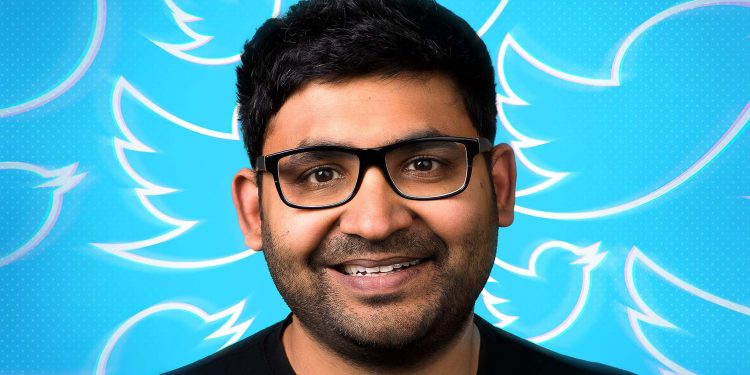37–year-old Parag Agarwal is the talk of the town and the toast of the world. After Agarwal took over the reins of Twitter Inc from Co-Founder and CEO Jack Dorsey 29 November 2021, Tesla Founder Elon Musk tweeted that USA benefits greatly from Indian talent. It needs to be mentioned that Dorsey had been under pressure from the Board of Directors at Twitter for sometime past to step away from the lead role. In response, Dorsey has said that he was leaving Twitter because he felt Twitter was now ready to move on from its founders.
For many in India, it is a matter of great pride that leading global tech companies like Google headed by Sundar Pichai, Microsoft by Satya Nadella, Adobe led by Shantanu Narayen, IBM by Arvind Krishna, Palo Alto Networks by Nikesh Arora and now Twitter CEO Parag Agarwal all migrated from India. It is undoubtedly the Indian education system that manages to produce laborious and study oriented students who eventually succeed as outstanding executives. It must also be admitted that the education imparted in India kills initiative and imagination. Therefore, it is unable to produce a Steve Jobs or a Jack Dorsey type innovator from the Indian crowd. The talent pool is thickly populated but it succeeds only when the individuals leave the Indian shores. The reasons for failure of talent in corporate India could be many. Unlike the West, Indian companies are generally family run and talent has a glass ceiling within that space. New ideas and infusion of new blood is generally not tolerated. A great example of this is seen in the spat between Ratan Tata and Cyrus Mistry in the matter of control of Tata Sons. Cyrus was unceremoniously booted out after a prolonged drama. In the whole play, the shareholders seemed to have had very little say. Similarly, it is unimaginable to visualise a non-Birla taking over the Birla empire or a non-Ambani becoming the Chief of Reliance. It must be remembered that all these empires are built on public money.
Corporates of similar size with equal or less retail investments would be more professional at the leadership level and therefore with a better corporate culture in the Western world. Family driven companies in India seem to discourage the drive that modern young minds would introduce in the operations. This results in talent getting neglected by Corporate India. All those young Indians with high technical knowledge mixed with business acumen, obviously, find no scope of growth at home. This forces them to migrate to the West. Interestingly, a country like China that claims to have become the richest nation of the world does not attract global talent. Thus, it is the West and West alone that is attracting not only Indians but people with abilities from all over the world.
However, observing the line-up of giant global tech companies, it is evident that Indians are the best.






































